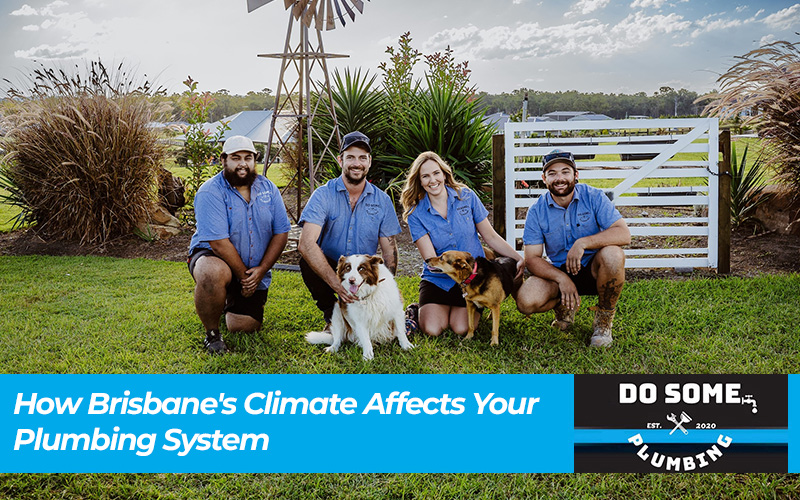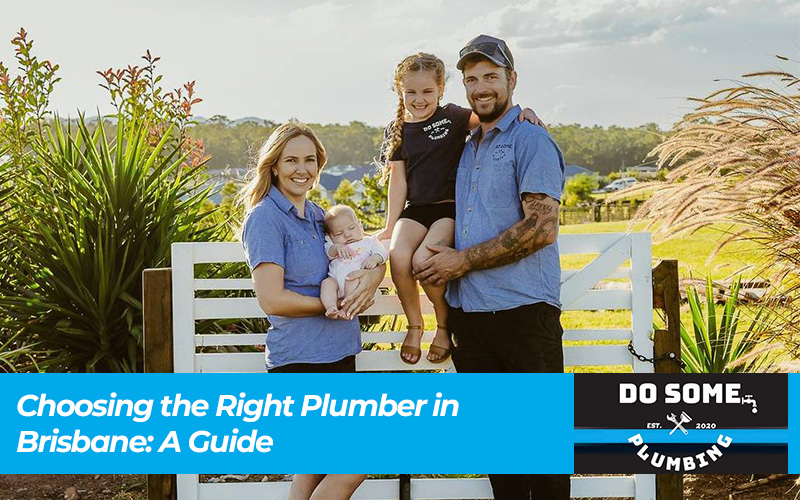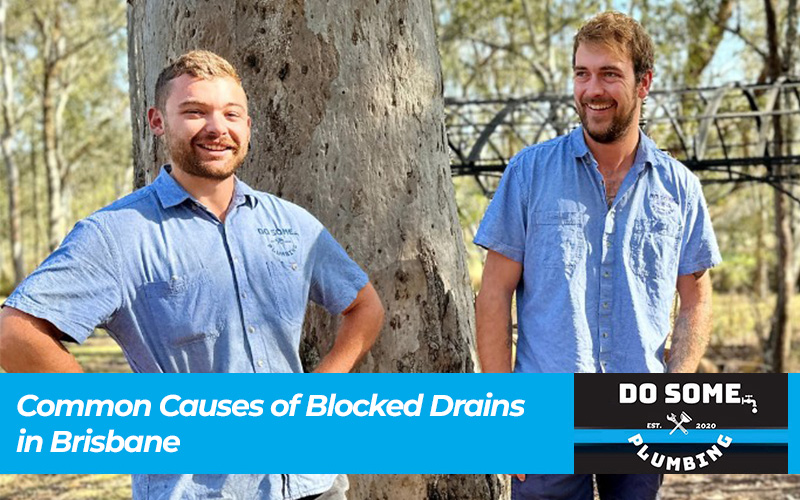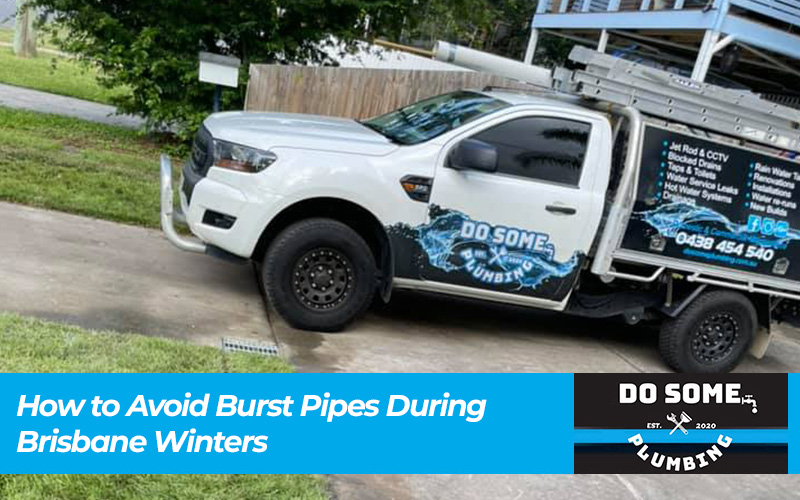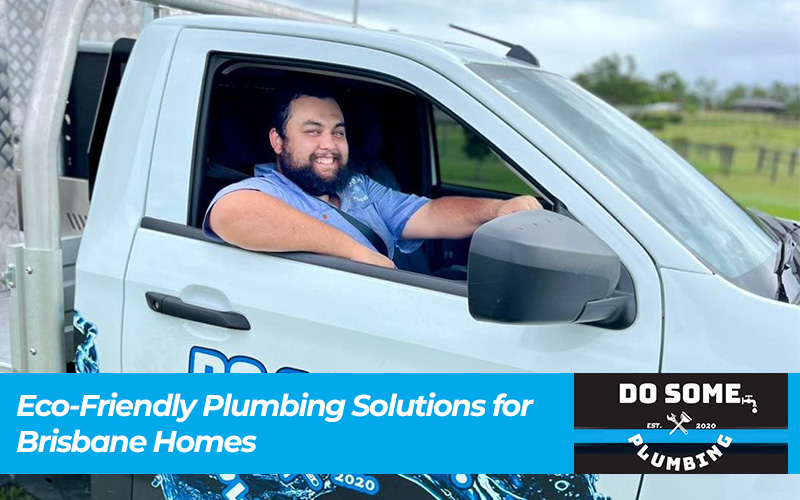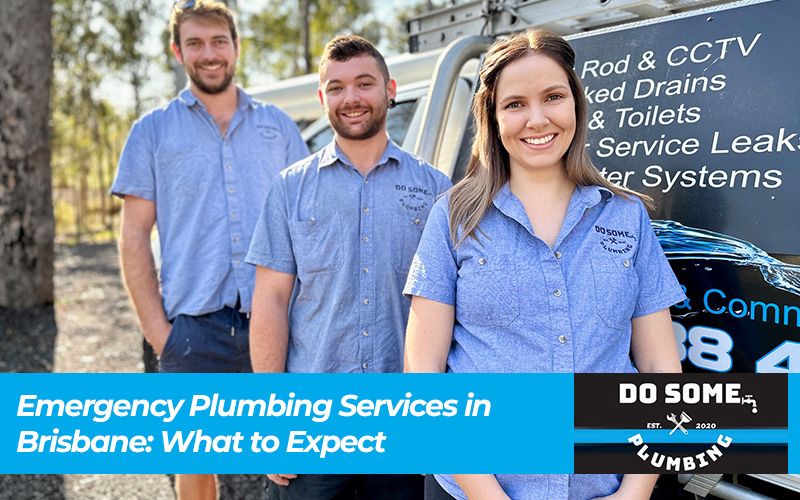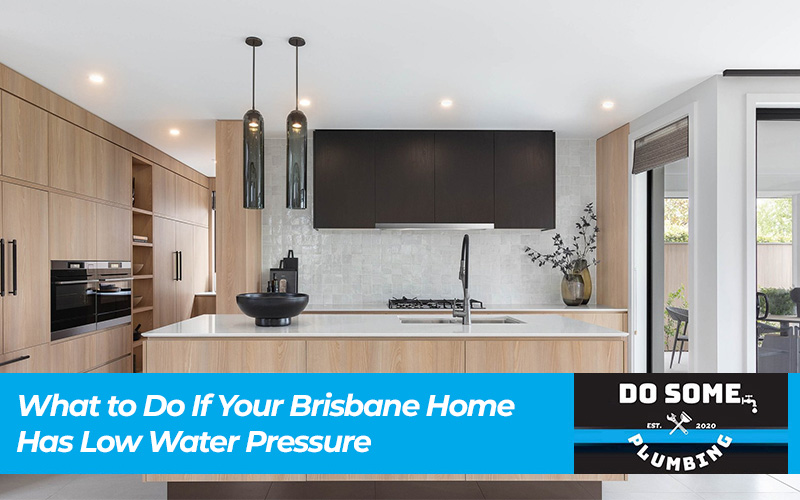
What to Do If Your Brisbane Home Has Low Water Pressure
Low water pressure can be a frustrating issue, affecting your daily routines and overall comfort. If you’re experiencing low water pressure in your Brisbane home, here are steps to diagnose and resolve the problem:
- 1. Check for Common Issues: Start by checking for common causes of low water pressure. Ensure that all water valves are fully open and that no appliances are using water. Sometimes, simple issues like a partially closed valve can be the culprit.
- 2. Inspect for Leaks: Leaks in your plumbing system can lead to reduced water pressure. Inspect visible pipes and fixtures for any signs of leaks. If you suspect a leak behind walls or underground, consider using a professional leak detection service.
- 3. Clean or Replace Fixtures: Sediment and mineral build-up in faucet aerators and showerheads can restrict water flow. Remove and clean these fixtures, or replace them if they’re damaged. This simple maintenance task can often restore normal water pressure.
- 4. Check the Pressure Regulator: Homes with a pressure regulator (PRV) may experience low pressure if the regulator is faulty or improperly adjusted. Inspect the PRV and adjust it as needed. If it’s malfunctioning, consider having it replaced by a professional.
- 5. Examine Water Supply Lines: Clogged or damaged water supply lines can restrict water flow. Inspect your main water line for any signs of blockages or damage. If you suspect issues with the supply line, consult a plumber to evaluate and resolve the problem.
- 6. Flush the System: Sediment build-up in your pipes can contribute to low water pressure. Flushing your plumbing system can help remove debris and restore normal flow. This procedure should be done by a professional plumber to ensure it’s performed correctly.
- 7. Consider Water Pressure Booster: If your home consistently experiences low water pressure, installing a water pressure booster may be a solution. This device increases water pressure throughout your home, providing a more consistent and satisfying flow.
- 8. Inspect for Pipe Corrosion: Older pipes, especially those made of galvanized steel, can corrode and restrict water flow. If your home has old piping, consider having it inspected and potentially replaced to improve water pressure.
- 9. Check for Municipal Supply Issues: Sometimes, low water pressure can be attributed to issues with the municipal water supply. Contact your local water authority to inquire if there are any known problems or maintenance activities affecting your area.
- 10. Hire a Professional Plumber: If you’ve tried the above steps and still experience low water pressure, it’s best to consult a professional plumber. They have the expertise and tools to accurately diagnose and fix complex issues with your plumbing system.

